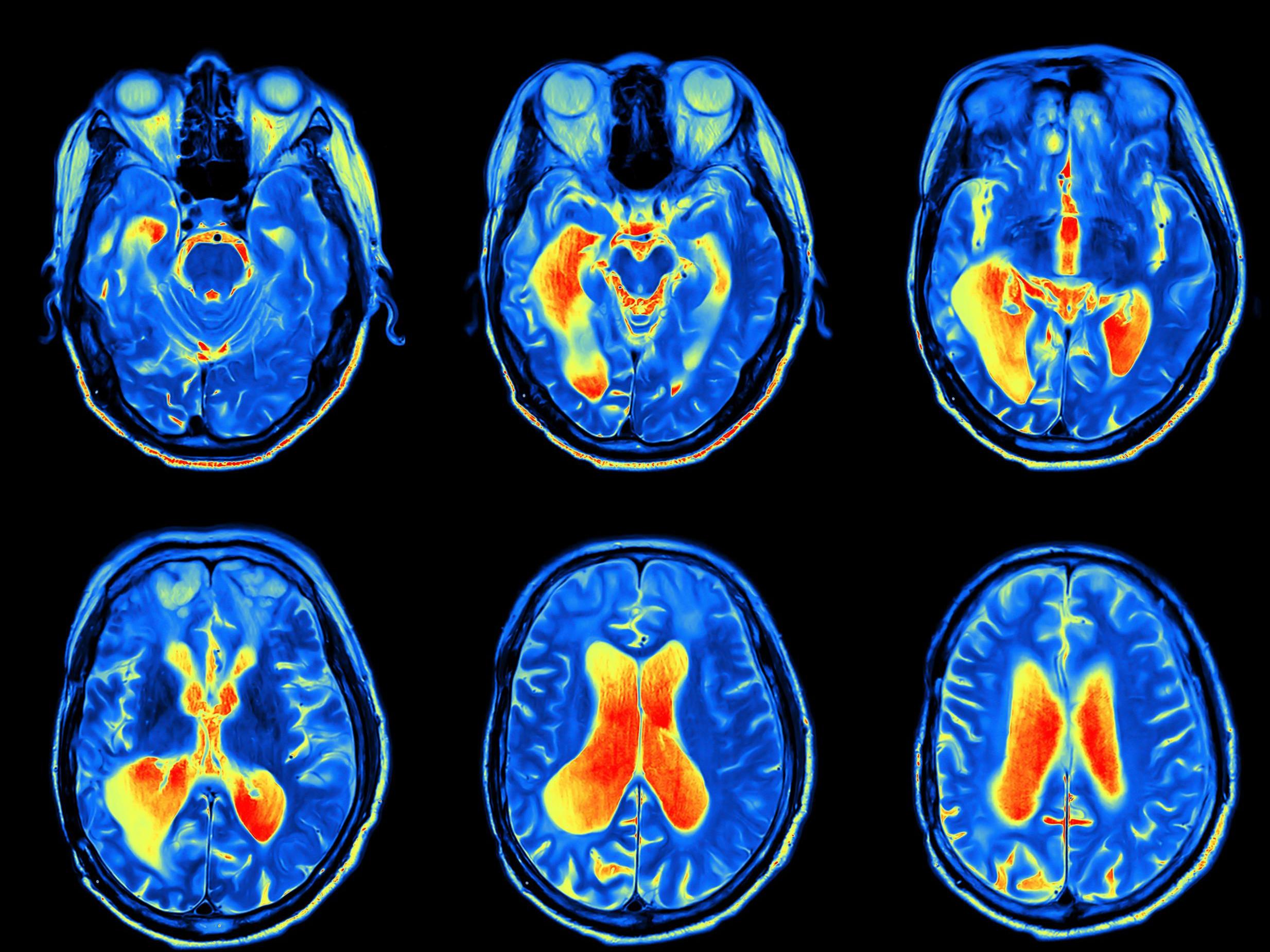Exercise could help you hold on to more grey matter in brain, study says
Mayo Clinic research on more than 2,000 people in Germany found those who exercised had a larger brain volume

Exercise is not just good for the body – it can also be good for keeping brains physically healthier, according to a new study.
Research by the Mayo Clinic on more than 2,000 people in Germany found those who exercised had more grey matter and a larger brain volume – with both involved with cognitive decline and ageing.
According to Mayo Clinic experts, exercise that is good for the heart such as brisk walking, running and cycling could help to slow changes in the brain.
The study, published in Mayo Clinic Proceedings, found an association between cardiorespiratory fitness and brain health. Grey matter is made up of cells and filaments and the volume of grey matter is linked to cognitive abilities.
Researchers from the German Centre for Neurodegenerative Diseases followed 2,013 adults from 1997 through to 2012. Their cardiorespiratory fitness was measured using oxygen uptake while participants used an exercise bike. MRI scans of their brain were then analysed.
The results suggest exercise may contribute to improved brain health and slow the loss of grey matter.
Ronald Petersen, a Mayo Clinic neurologist and lead author, said the most striking feature of the study was the measured effect of exercise on brain structures involved in cognition, rather than motor function.
“This provides indirect evidence that aerobic exercise can have a positive impact on cognitive function in addition to physical conditioning. Another important feature of the study is that these results may apply to older adults as well. There is good evidence for the value of exercise in midlife, but it is encouraging that there can be positive effects on the brain in later life as well,” he said.
The study’s finding of higher grey matter linked to exercise were in brain regions clinically relevant for cognitive changes in ageing, including some involved in Alzheimer’s disease.
However the scientists warned against concluding exercise could affect the disease.
Michael Joyner, a Mayo Clinic anaesthetist and physiologist, added: “This is another piece of the puzzle showing physical activity and physical fitness is protective against ageing-related cognitive decline.
“There’s already good epidemiological evidence for this, as well as emerging data showing that physical activity and fitness are associated with improved brain blood vessel function. This paper is important because of the volumetric data showing an effect on brain structure.”
According to Mayo Clinic experts, moderate and regular exercise – about 150 minutes per week – is recommended, along with a healthy diet, not smoking, losing weight and maintaining healthy blood pressure.
Subscribe to Independent Premium to bookmark this article
Want to bookmark your favourite articles and stories to read or reference later? Start your Independent Premium subscription today.

Join our commenting forum
Join thought-provoking conversations, follow other Independent readers and see their replies